Review
The latest Passat is set to be a great company car choice, we just need to wait for the two super-efficient plug-in hybrids to launch.
Overview
It’s not uncommon to hear people referring to a Skoda as “just a re-badged Volkswagen” but in the case of the new Passat things are actually the other way around.
In the large not-quite-premium car segment, where very few manufacturers now compete, Skoda is king. Therefore, it was the natural fit to lead the development of the Passat alongside its Superb.
VW will offer the Passat as an estate only, where it sits alongside the Superb in a segment that once included the Ford Mondeo and Vauxhall Insignia as major fleet player.
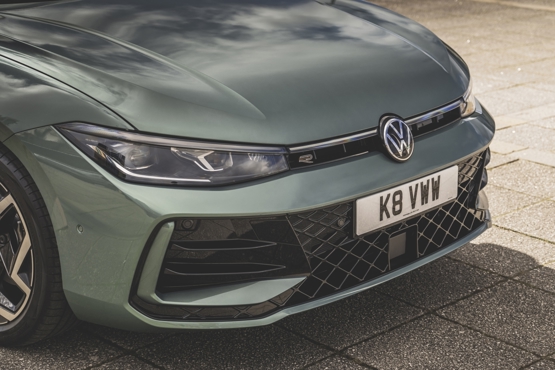
Company car drivers have since shifted away from cars in this segment, opting for smaller saloons with posher badges or SUVs instead.
But the Passat makes a lot of sense as a fleet car. In its latest generation, the Passat is more luxurious, more practical and better to drive.
A selection of new plug-in hybrids means benefit-in-kind tax bands of just 5% apply, making the Passat significantly appealing to those that aren’t in the market for an electric car.
Comfort and practicality
There’s no denying that the Passat is a large car. Its footprint is only marginally smaller than that of a BMW 5 Series Touring.
The Passat’s wheelbase has grown by 50mm when compared to the previous version and the new car is 144mm longer (4,917 mm) overall.
Width is up by 20mm to 1,849mm and the height is almost unchanged.
The upshot of the car’s larger dimensions is more space inside. Rear legroom has grown by 50mm and the boot is 40 litres larger, at 690 litres.
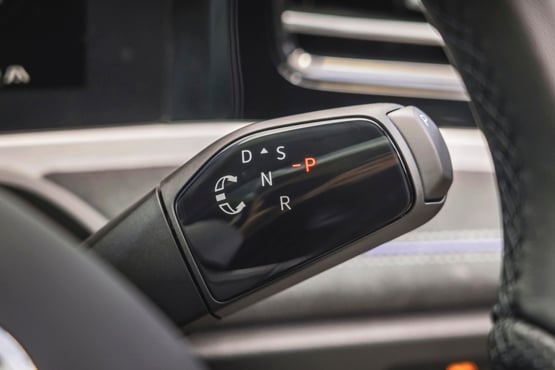
There’s a choice of three trim levels: Life, Elegance and R-Line. The latter two are equipped with Ergo Comfort sports seats which are sculpted to provide greater support. All versions come with heated front seats and a massage function.
Throughout the cabin, material quality has been lifted. The cabin is designed with Volkswagen’s new interior architecture, which is closely linked to the brand’s ID electric models. It means the Passat’s dashboard is less cluttered and more focused on its central touchscreen.
By moving the gear shifter to the steering column – all Passats have automatic gearboxes now – the designers have freed up space in the centre console for larger cupholders and more storage.
Safety and technology
Volkswagen has pushed ahead with its digitally led cockpit, despite early attempts in the ID3 and Golf receiving criticism. We’re pleased to report that the system in the Passat is big step forward.
The 12.9-inch central screen uses a new operating system and provides a more user-friendly interface. The climate controls, for example, are always visible and there are customisable shortcuts to make access to your most-used menus easier to access.
It features all the functions you’d expect, such as DAB radio, sat-nav and voice control. The voice control system has been upgraded and now uses artificial intelligence to improve its functionality. You can control car functions using natural speech, so phrases like “I’m cold” will prompt the car to turn up the heating, but also ask questions about the weather or sports results.
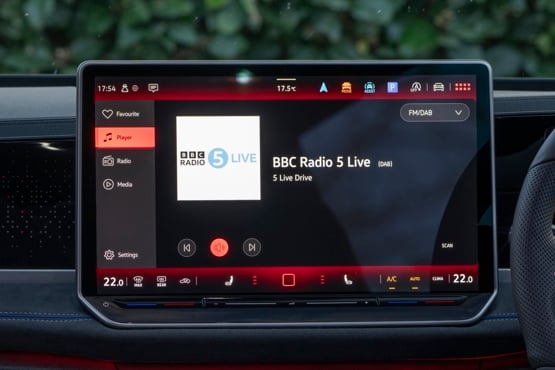
Driver support is plentiful and all versions of the Passat come equipped with adaptive cruise control, lane keep assist, parking sensors and reversing camera. The park assist system, which assists the driver with parallel and bay parking, now features a memory function.
The system records the final 50 metres driven, and thus the parking situation, which can be stored when the car has come to a stop. When the car reaches this position again it automatically offers to take over the parking manoeuvre, and up to five parking manoeuvres can be stored.
Driveability and efficiency
From launch the Passat is only available with a 1.5-litre petrol engine but an expanded line-up is on the way. As the entry-level powertrain the 150PS TSI is perfectly adequate, if a little underwhelming. It’s potent enough, with 0-62mph taking 9.2 seconds and it can return 50mpg.
We’re more excited about the two eHybrid plug-in hybrid models, however. Both use the 1.5-litre engine as a base but add an electric motor to boost power.
The hybrids are much more efficient too, with a 19.7kWh battery providing a zero-emission range of up to 77 miles. Power outputs will be 204PS or 272PS.
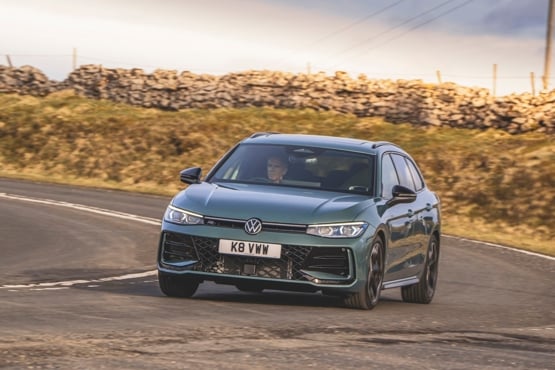
We’re yet to sample the hybrid versions but our time in the 1.5 TSI model highlighted how refined and well-rounded the Passat is.
Firstly, it’s a very quiet car. The body has been sculpted for maximum aerodynamics, which also helps to keep wind noise at bay. Added to the extra sound deadening used inside, plus acoustic glass, results in a whisper quiet drive.
The Passat is not designed to appeal to the keenest drivers but its suspension setup delivers a smooth ride and a reassured feel. The R Line trim comes with adaptive dampers, although they’re optionally available on the Life and Elegance. The system delivers more precise handling characteristics by enabling the driver to select a firmer setting at the expense of comfort.
Company car tax and running costs
When the eHybrid models launch the Passat will be one of the most cost-effective new company cars to feature a petrol engine. The 77-mile range achieved by these models will place them in the 5% benefit-in-kind (BiK) tax bracket, an achievement only a handful of models manage.
Opting for the 1.5 TSI will see a higher BiK charge but prices are lower, starting at £38,490.
The Life trim includes the majority of features that company drivers will desire but the R Line has more appealing visuals, thanks to its larger wheels and model-specific bumpers. These can be had for £42,840.
Matt has been an automotive journalist for nine years and has driven just about every new car and van that's on sale. As content editor - vehicles he is responsible for the automotive content on Fleet News and also contributes to Automotive Management. Prior to this, Matt worked in the automotive industry for 10 years.


Specs
| Manufacturer | Volkswagen |
| Model | Passat Estate |
| Specification | Volkswagen Passat Estate 1.5 eTSI Life 5dr DSG |
| Model Year | 2026.00 |
| Annual VED (Road tax) | £440 |
| BIK List Price | £39,455 |
| CO2 | 122g/km |
| BIK Percentage | 30% |
| Insurance Group | N/A |
| CC | 1,498 |
| Fuel Type | Petrol |
| Vehicle Type | Medium car |
| Luggage capacity (Seats up) | 690litres |
| Doors | 5 |
Running Costs
| P11D | £39,455 |
| Cost per mile | 57.27ppm |
| Residual value | £14,725 |
| Insurance group | N/A |
| Fuel Type | Petrol |
| Cost per mile | 175.79ppm |
| Fuel | 12.29ppm |
| Depreciation | 161.10ppm |
| Service maintenance and repair | 2.40ppm |
Rivals
Info at a glance
-
P11D Price
£39,455
-
MPG
51.4 (WLTP) -
CO2 Emissions
122g/km -
BIK %
30% -
Running cost
3 Year 60k : £14,725 4 Year 80k : £11,600 -
Fuel Type
Petrol

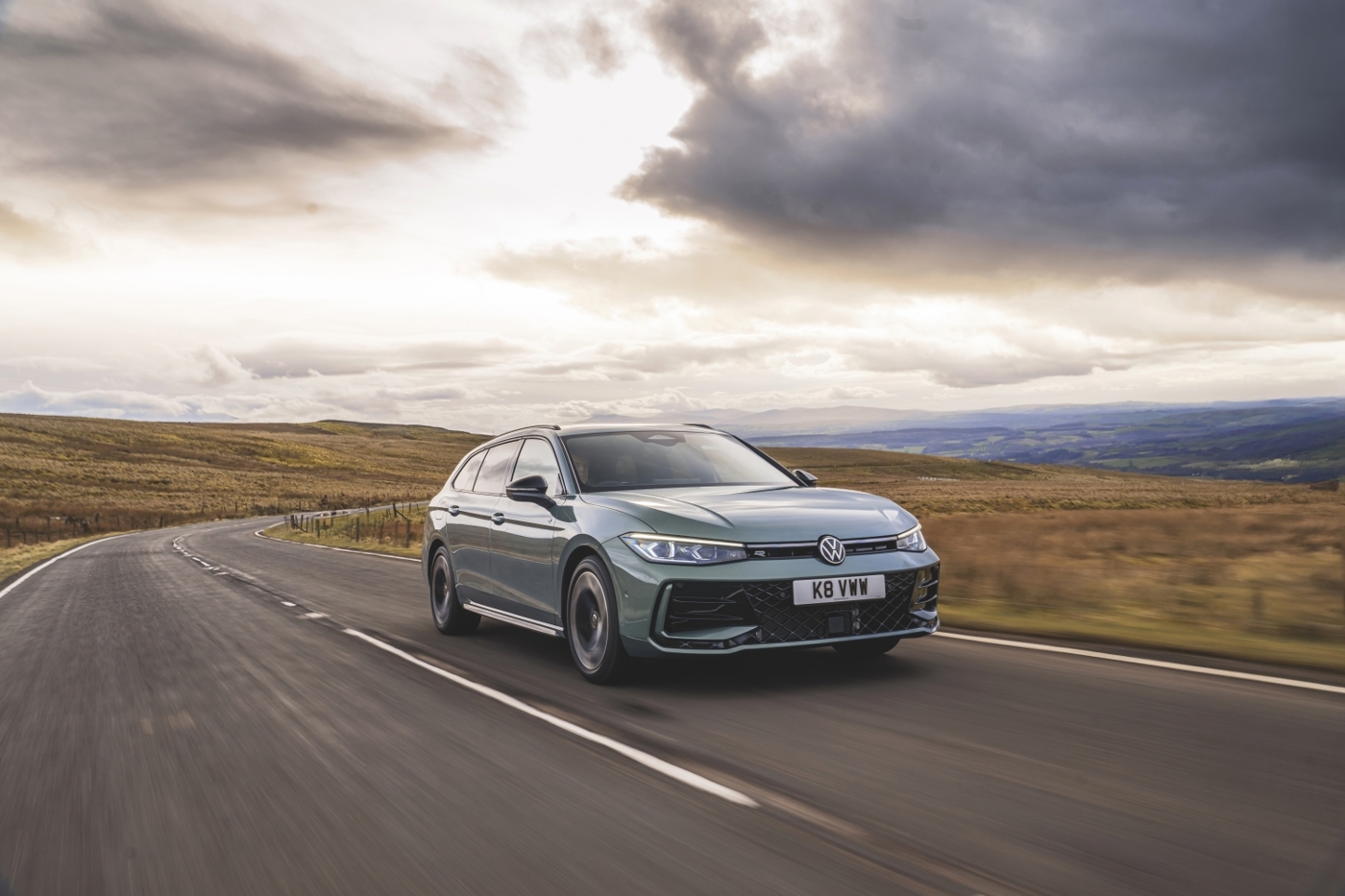

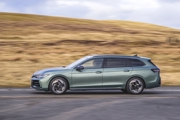
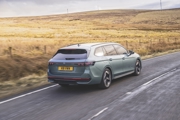
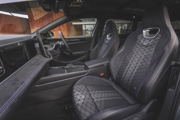
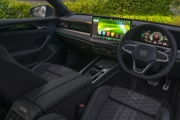
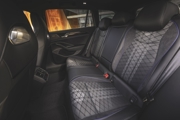
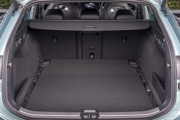

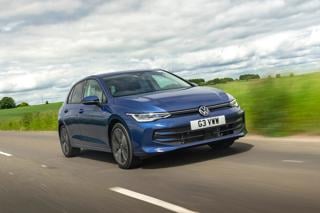
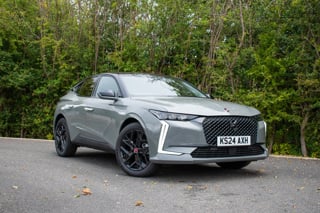
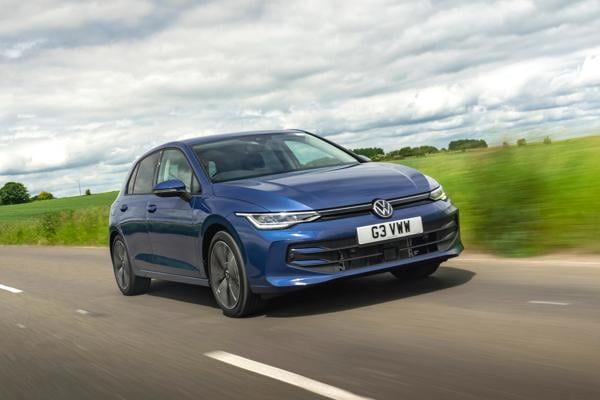
 Petrol
Petrol
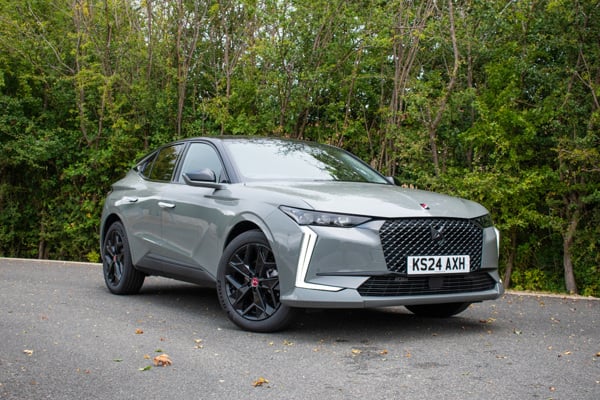
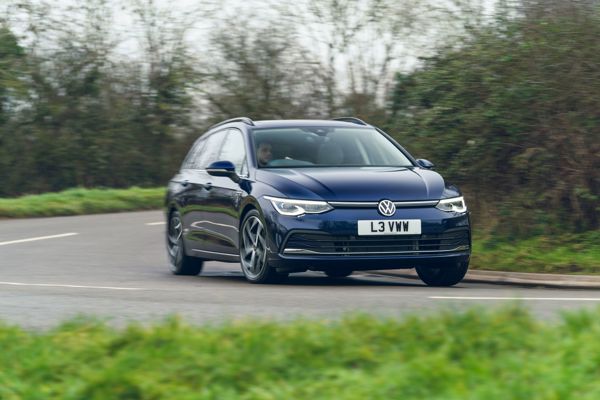
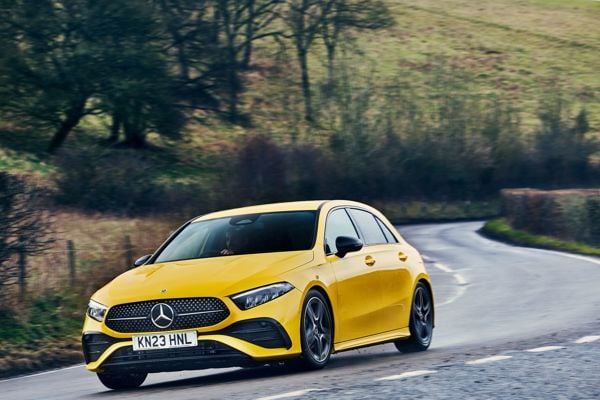
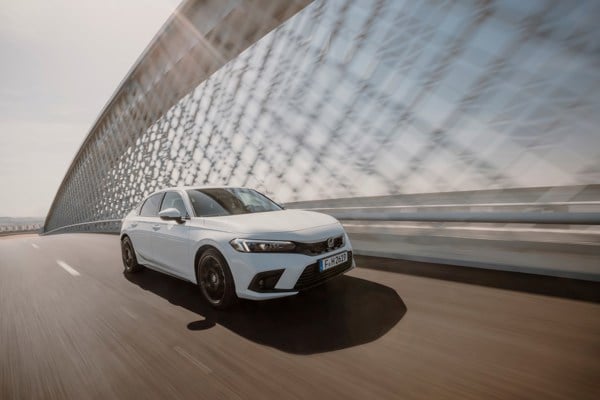
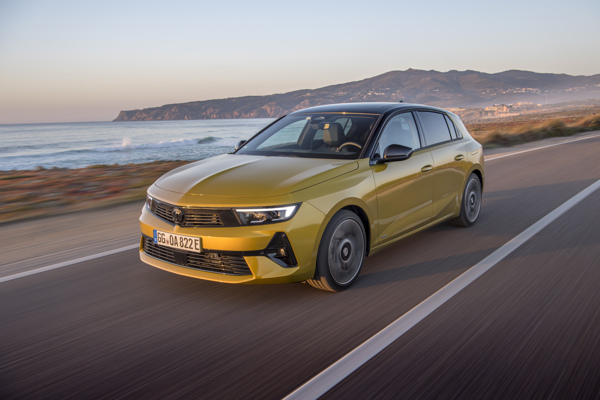
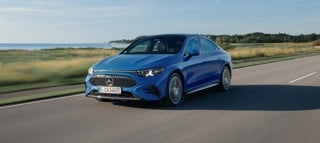
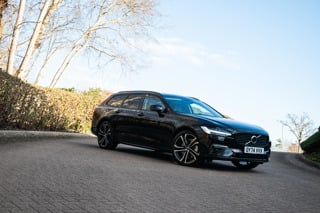
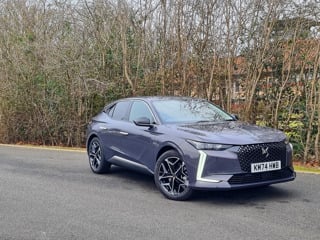
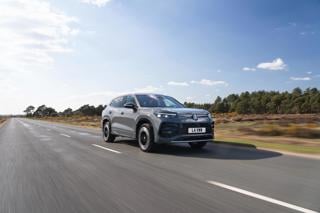
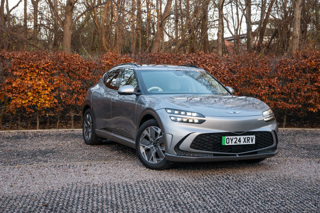












Login to comment
Comments
No comments have been made yet.